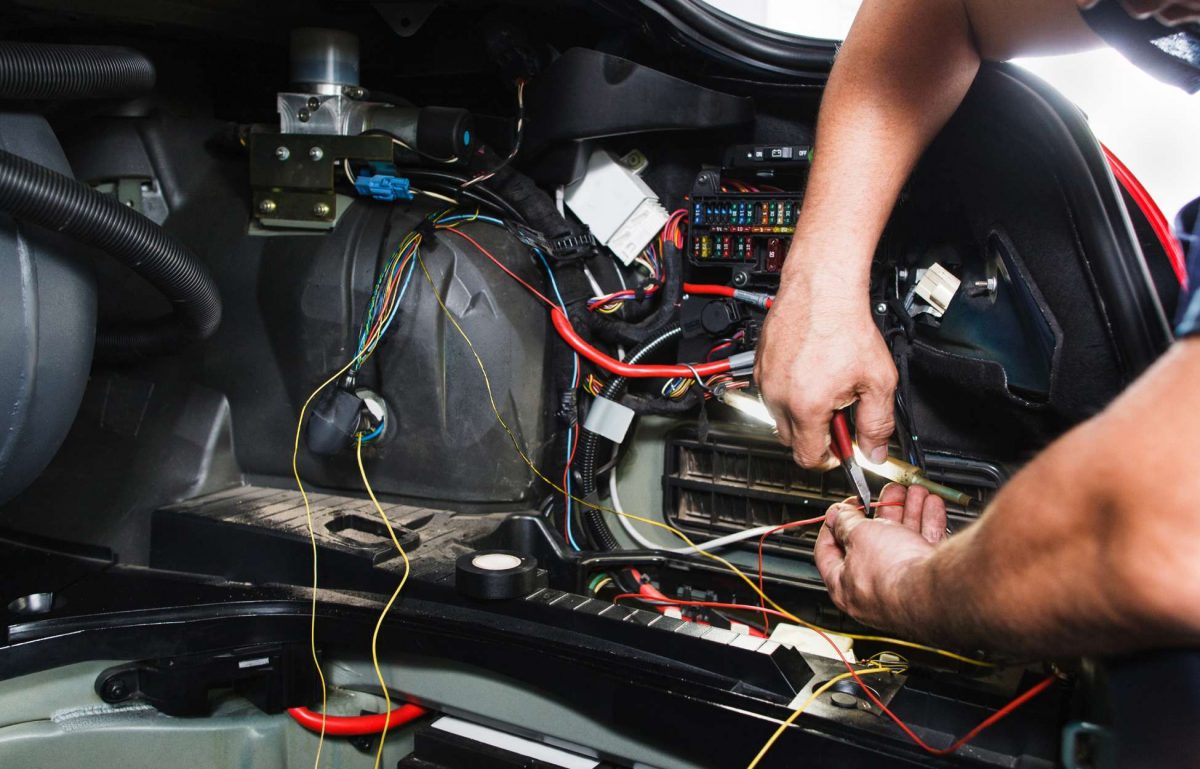Electrical problems in cars can be a real headache, especially when you’re not sure where to start troubleshooting. Understanding common electrical issues and how to address them can save you both time and money. This guide will walk you through some of the most frequent electrical problems drivers encounter and offer practical tips for resolving them.
Dead Batteries
One of the most common electrical issues is a dead battery. If your car won’t start and you hear a clicking noise when turning the key in the ignition or pressing start, the battery is likely drained. This can happen due to leaving lights on, not driving the car for extended periods, or letting the battery reach the end of its lifespan. Regularly checking your battery’s health and ensuring it’s charged can prevent this problem.
If you find yourself with a dead car battery, jump-starting it with another vehicle is a quick fix. You should also consider replacing the battery if it’s old or frequently runs out of charge.
Faulty Alternators
The alternator plays a crucial role in keeping your car’s battery charged. If you’re experiencing dimming headlights, seeing a battery warning light on your dashboard, or hearing strange noises from the engine, the alternator might be the culprit. A faulty alternator can lead to a dead battery and other electrical problems. Regular maintenance checks can help you identify alternator issues before they worsen. If you suspect your alternator is failing, it’s best to have it inspected and replaced by a professional.
Blown Fuses
Blown fuses are another common electrical problem that can cause various components in your car to stop working. A blown fuse is often the reason behind the radio, lights, or power windows not working. Fuses protect your vehicle’s electrical system by breaking the circuit if there’s too much current. Checking and replacing a blown fuse is relatively simple, and you can do it with a fuse puller and a replacement fuse of the same rating. Always refer to your vehicle’s manual to locate the fuse box and identify the correct fuse rating.
Malfunctioning Lights
Malfunctioning headlights, brake lights, or interior lights can be both frustrating and dangerous. Common causes include burned-out bulbs, faulty wiring, or issues with the light switch. Regularly inspecting your vehicle’s lights and replacing burned-out bulbs can maintain visibility and safety on the road. If the problem persists, it might be a wiring issue that requires professional attention.
Automotive Connectors
Automotive connectors are integral to your car’s electrical system, ensuring secure and efficient connections between various components. Common issues include loose connections due to vibrations, corrosion from moisture and contaminants, and physical damage such as broken pins or cracked housings.
Regularly inspect connectors for wear, corrosion, or damage, use a contact cleaner to remove buildup, and ensure all connections are secure. It’s best to replace damaged automotive connectors with high-quality, compatible components. By paying attention to your car’s connectors, you can prevent electrical problems and enjoy reliable vehicle performance.
Electrical issues in your car can be daunting, but understanding the common causes and knowing how to troubleshoot them can make a big difference in maintenance. Regular inspections can help you catch and address these issues from arising in the first place and keep your car running smoothly and safely. Happy driving!













